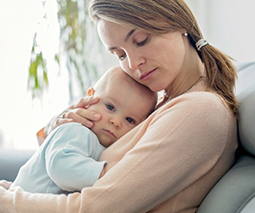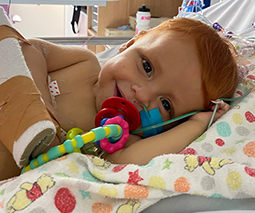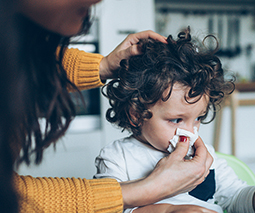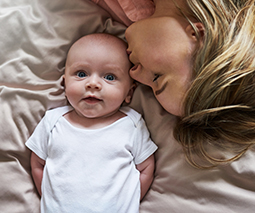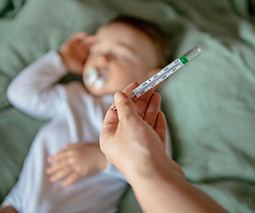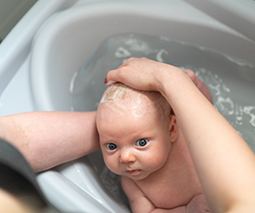Baby poo has changed since last century which could explain increased allergies
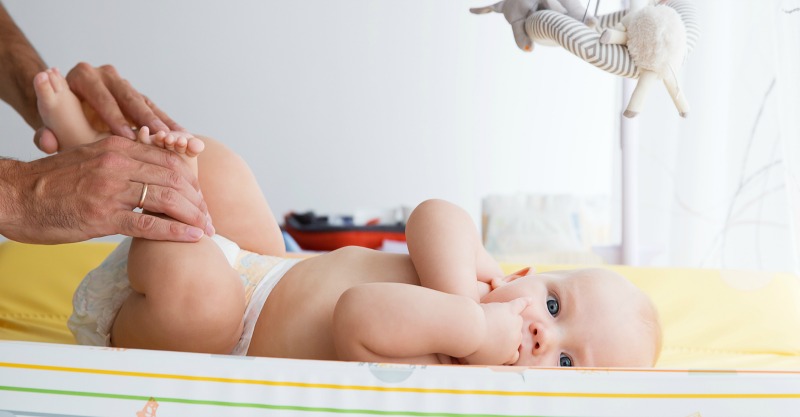
It might look and smell the same, but a recent study has shown that baby poo (and therefore the bacteria in the guts of infants) has slowly been changing over the last hundred years, which scientists believe is the reason why there are more children now with conditions such as asthma, diabetes, obesity, allergies and colic.
Lengthy research
Why the change?
According to the study’s co-author, Dr. Jennifer Smilowitz, Associate Director of the Human Studies Research Program for the Foods for Health Institute at UC Davis, modern science could be to blame for the change, with more babies now getting stripped of vital bacteria through medication or not getting it from their mothers in the first place.
“These alarming changes to the infant gut microbiome and thus, gut environment, may be due to modern medical practices like antibiotics, C-sections, and formula feeding. These are all potentially life-saving medical practices, but have unintended consequences on the infant gut microbiome,” she says.
Read more about baby poo:
- Not so crap! Study finds baby poo can tell you how smart they’ll be
- Everything you need to know about the after-birth poop
- Here’s why kids might prefer to poop outside (or anywhere BUT the potty!)
What it means
While you may not think much about your baby’s poo or what bacteria is present in their gut, scientists believe dysbiosis could actually be to blame for the rise in a range of different health issues.
“As a result [of the modern medical practices], certain pathogenic bacteria—those linked to higher risk of health issues such as colic, eczema, allergies, diabetes and obesity—thrive,” said D. Smilowitz.
“The need for clinicians to have a quick and reliable method to determine Bifidobacterium levels in baby’s gut, and an effective way to replace the right Bifidobacterium to correct dysbiosis when detected, are the critical next steps for infant health,” she added.
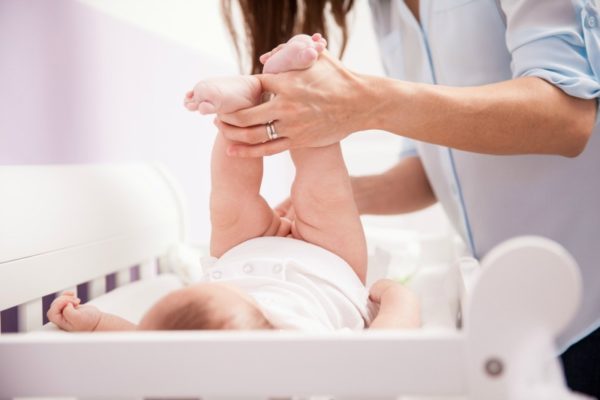
Restoring the balance
If you’re now wondering if anything can be done to help get your baby’s gut (and poo) back to how it’s supposed to be, the good news is yes, there is hope in the form of a probiotic.
Evivo (an activated form of B. infantis) is the only baby probiotic that’s been clinically proven to rapidly and significantly restore the levels of Bifidobacterium in a breastfed baby’s gut by interacting with the breast milk nutrients. It also reduces potentially harmful bacteria by 80 percent and returns the poo pH levels to those seen years ago.
Not the same with formula
So while you may not be able to avoid having a caesarean or giving your baby antibiotics, at least you might be able to reduce the chances of him developing health issues such as type 1 diabetes, allergies and obesity by helping restore their microbiome to its natural state with a specific probiotic – but only if breastfeeding.
Formula fed babies can apparently benefit in general from Evivo, however unfortunately the studies only prove the gut bacteria to be restored when combined with the nutrients found exclusively in breast milk. Hopefully, more studies and solutions for bottle fed babies will be available soon.
Evivo isn’t available to purchase yet in Australia; however, we’ll be sure to keep you posted on updates on this plus any new developments on restoring good bacteria in all infants.
